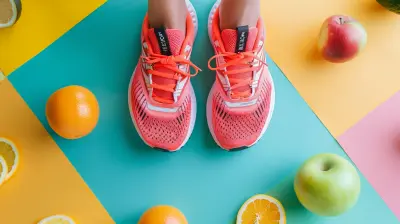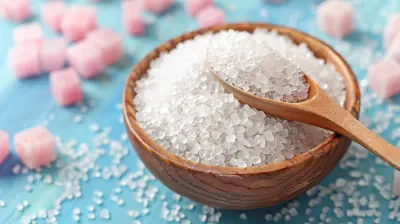The Role of Antioxidants in Balancing Cholesterol
4 August 2025
Okay, let’s cut to the chase — cholesterol gets a bad rap. Yeah, we all hear it: “High cholesterol equals heart disease, clogged arteries, and a one-way ticket to the cardiologist.” Scary stuff, right? But here's the thing — not all cholesterol is created equal, and your body actually needs it to function. The real enemy? Imbalance. And guess what might help you straighten that out in a natural, feel-good kind of way?
Antioxidants.
Yep, those tiny-but-mighty compounds found in your favorite fruits, veggies, and even dark chocolate (hallelujah), have a major role in balancing cholesterol levels and keeping your heart smiling.
Let’s dive into the juicy details. We're breaking down cholesterol, antioxidants, how they tango together, and what you can do to keep your levels on-point without popping a pharmacy in your mouth.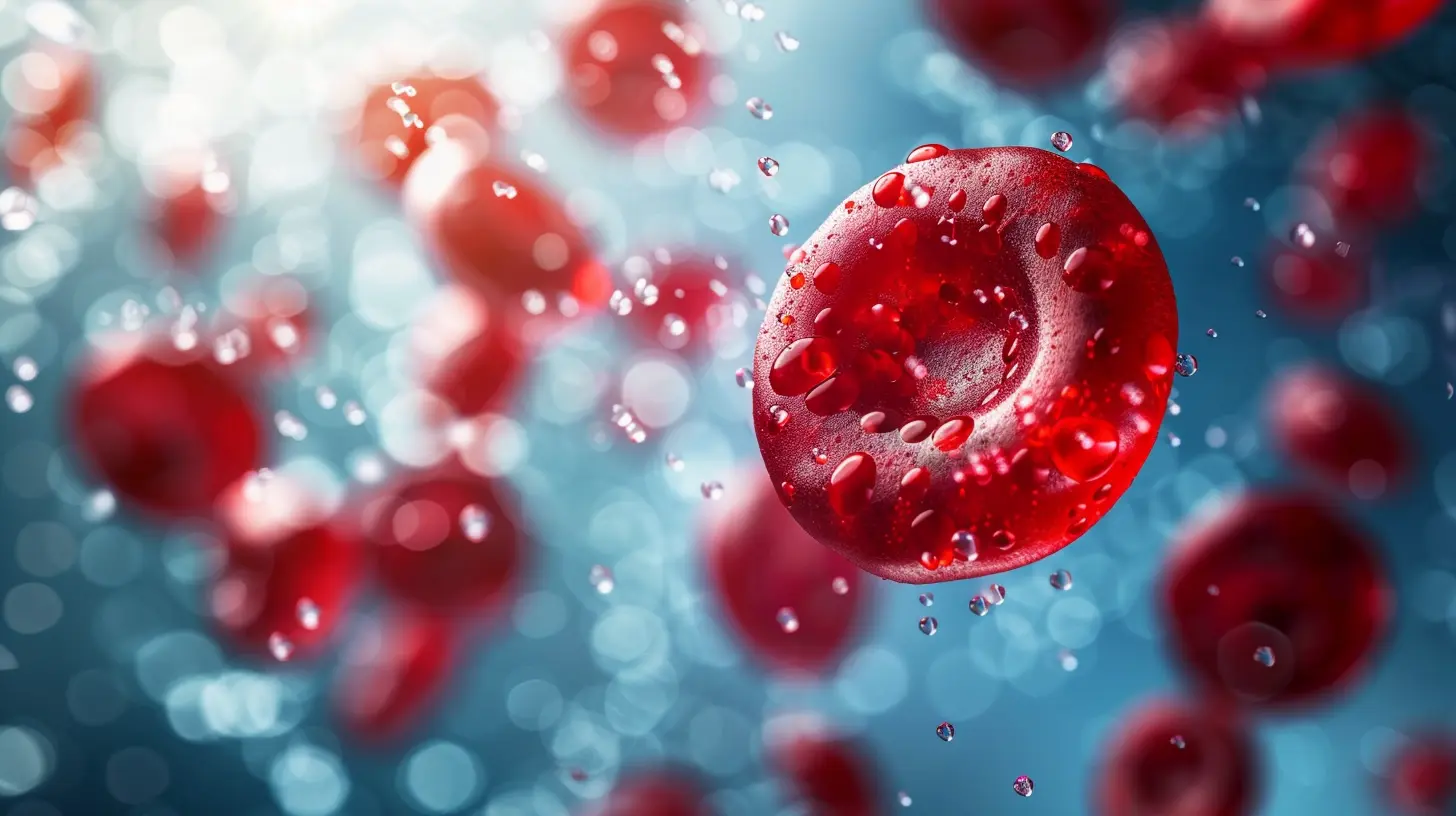
What Is Cholesterol, Really?
You’ve probably heard “cholesterol” and immediately pictured something evil lurking inside your arteries. But hold on a sec — cholesterol itself isn’t the villain. In fact, it’s crucial for producing hormones, building cell membranes, and making vitamin D. Your liver makes most of it, and the rest comes from animal-based foods.There are two main types:
- LDL (Low-Density Lipoprotein) — Aka the “bad” kind. Too much of this stuff can gunk up your arteries.
- HDL (High-Density Lipoprotein) — The “good” guy. It helps remove LDL from your bloodstream and keeps things running smooth.
The problem starts when your LDL goes rogue — oxidizing, inflaming your blood vessels, and triggering plaque build-up. That’s where the health crisis begins.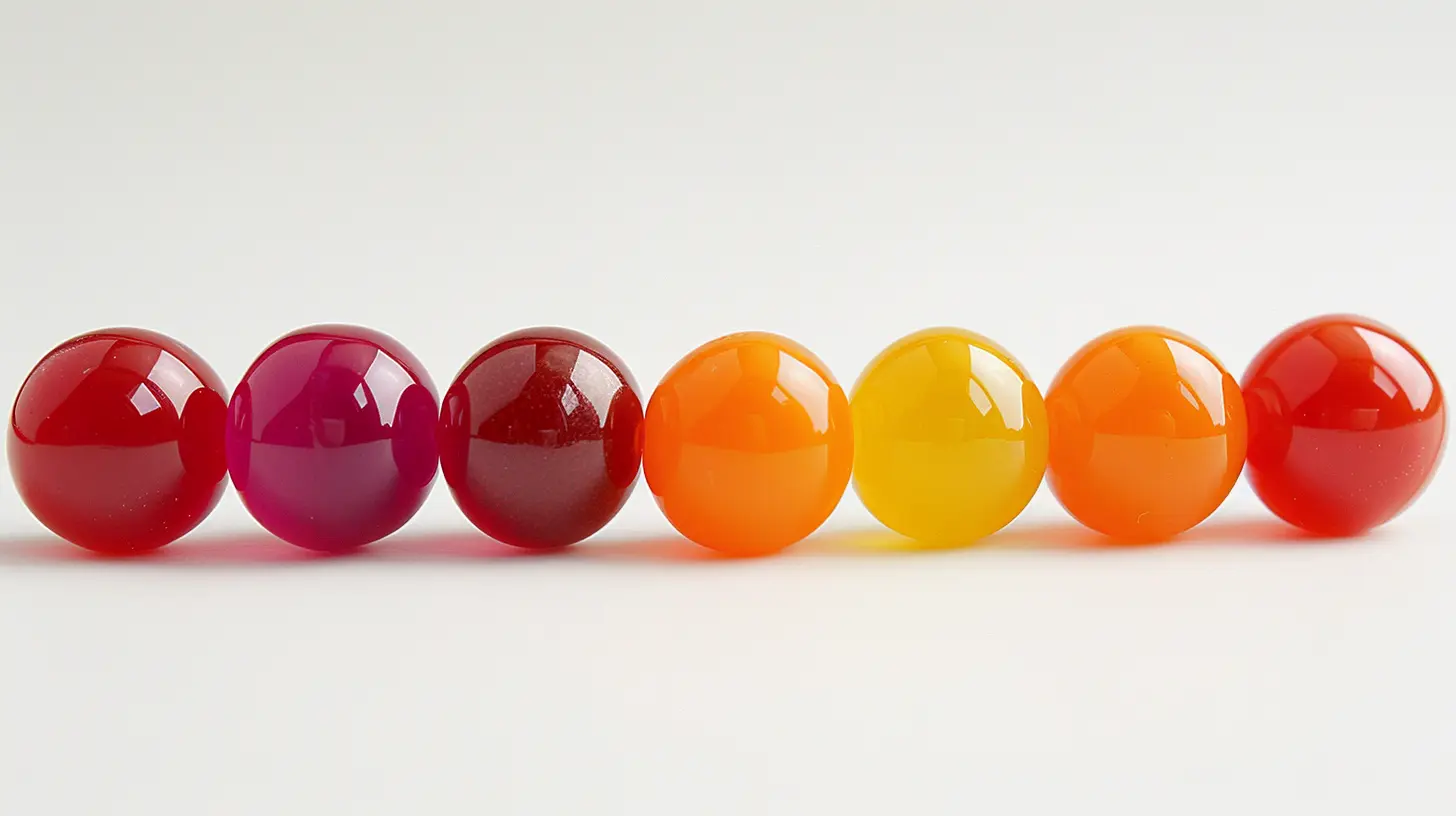
Oxidized Cholesterol: A Sneaky Saboteur
Here’s something most doctors don’t explain clearly: it’s not just high cholesterol that’s dangerous — it’s oxidized LDL cholesterol. Think of it like rust on a car. When LDL gets oxidized (thanks to free radicals), it becomes sticky and irritating. It clings to your artery walls and starts forming plaques. Boom — now you’re dealing with blockages that put major stress on your heart.This is a slow-burning fire inside your body — and that’s exactly where antioxidants swoop in like tiny firefighters.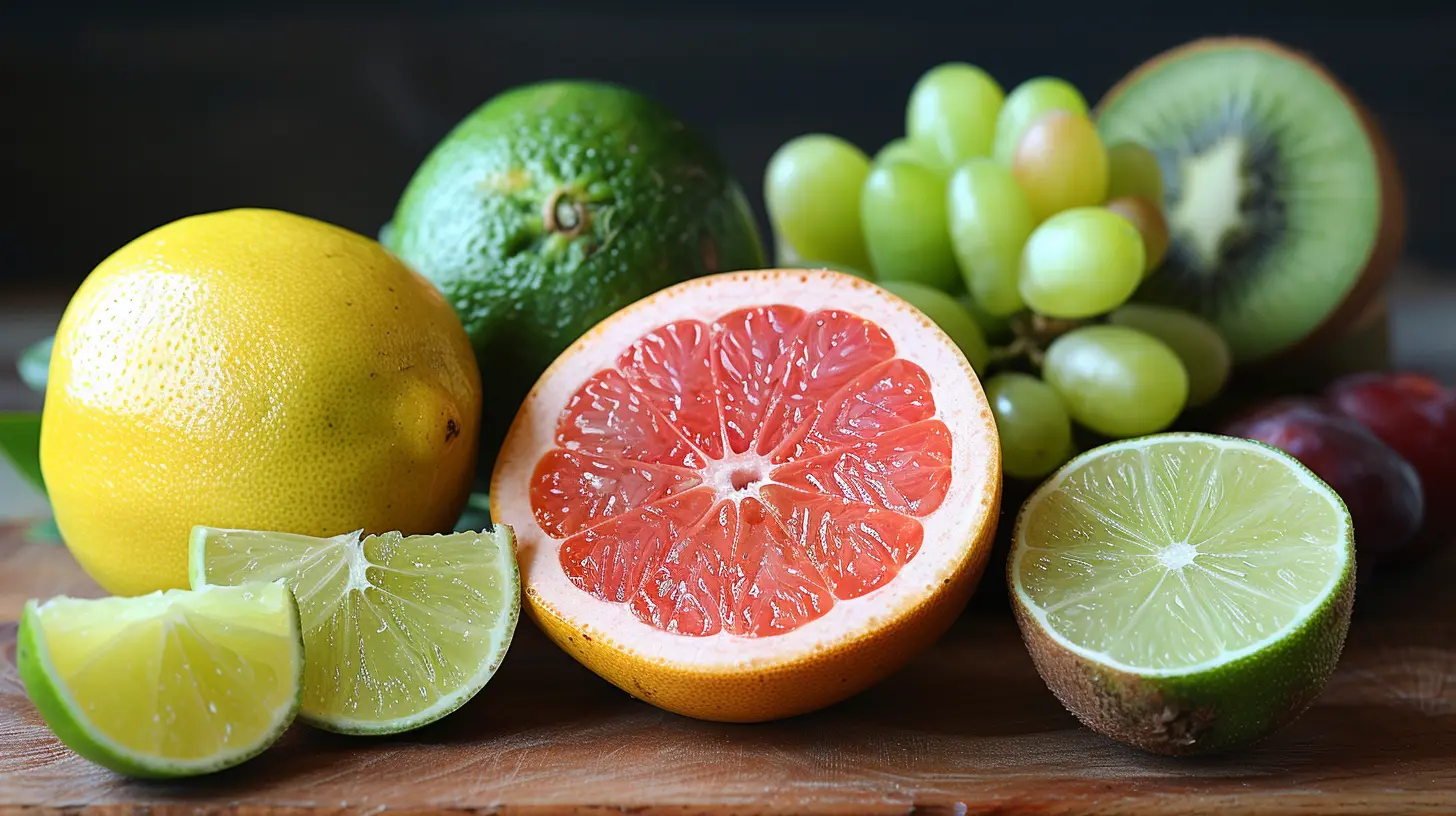
So, What Are Antioxidants?
Antioxidants are natural substances that fight oxidative stress by neutralizing free radicals. Free radicals are unstable molecules that damage cells, contribute to aging, and, most importantly, oxidize LDL.You can think of antioxidants as your body’s cleanup crew. They sweep up the junk, prevent damage, and stop the chain reaction before it turns into a full-blown health crisis.
Some superstar antioxidants include:
- Vitamin C – Huge immune booster and free radical neutralizer.
- Vitamin E – Fat-soluble, protects cell membranes and LDL particles.
- Beta-carotene – A precursor to vitamin A; supports healthy skin and vision.
- Selenium – Works with enzymes to reduce oxidative damage.
- Polyphenols – Found in tea, berries, dark chocolate, and wine (yes, wine!).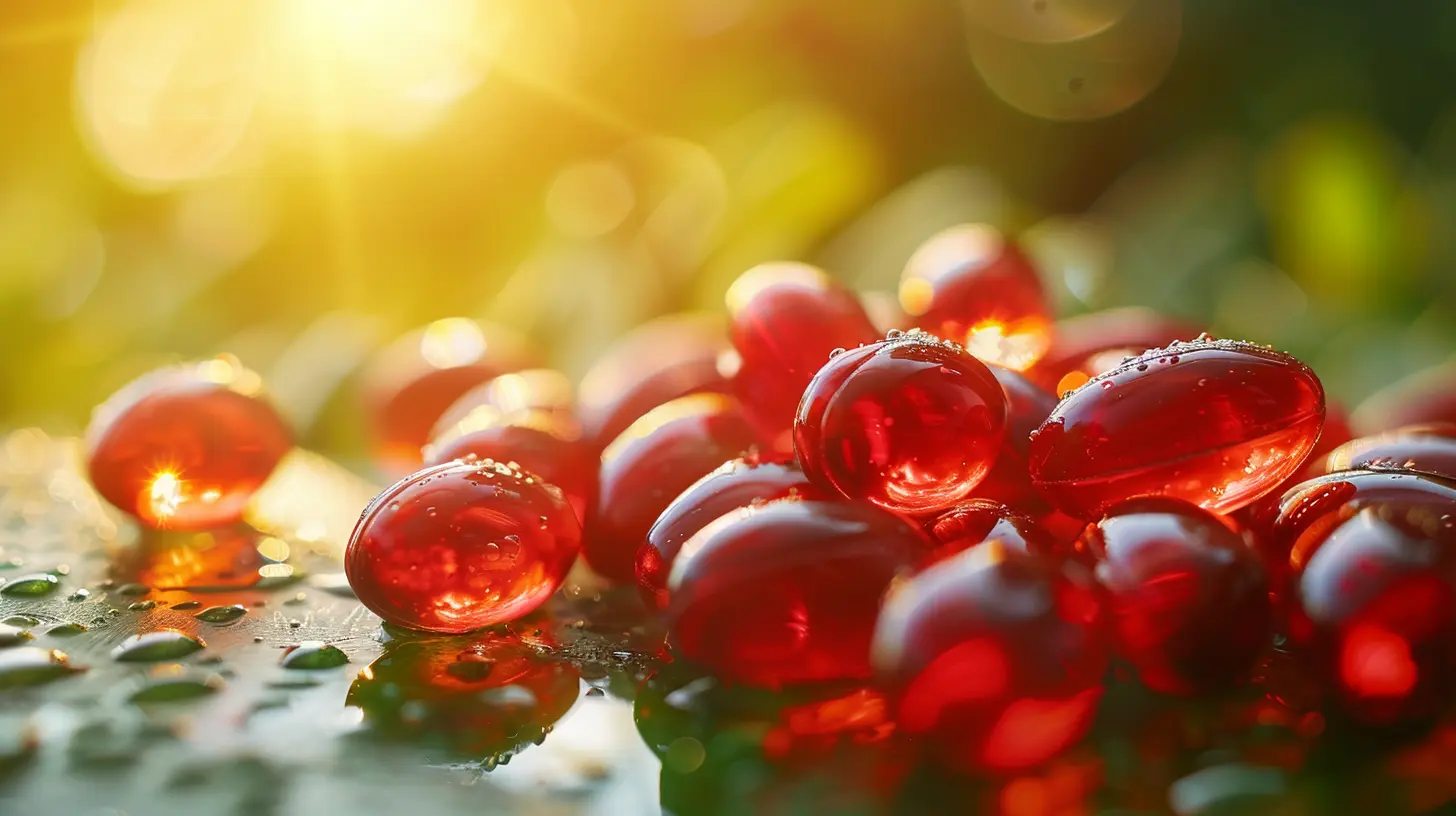
The Link Between Antioxidants and Cholesterol Balance
Alright, let’s connect the dots. Here’s how antioxidants help keep your cholesterol in check:1. They Prevent LDL Oxidation
This is the big one. Antioxidants literally guard your LDL from turning into the sticky, artery-clogging villain we talked about earlier. When LDL remains unoxidized, it’s far less harmful – plain and simple.2. They Support Healthy HDL Levels
Some antioxidants, particularly those found in colorful fruits and vegetables, have been linked to higher HDL counts. And HDL is your body's personal cholesterol vacuum, sweeping LDL out of your bloodstream before it turns into trouble.3. They Reduce Inflammation
Oxidative stress doesn’t just oxidize LDL – it also inflames blood vessels, making it easier for plaque to set up shop. Antioxidants soothe that inflammation, keeping your arteries smooth and slick.4. They Improve Blood Vessel Function
Your blood vessels need to expand and contract properly for good blood flow. Antioxidants improve endothelial function (that’s the inner lining of your blood vessels), helping prevent hypertension and keeping things flowing nicely.Top Antioxidant-Rich Foods to Boost Your Cholesterol Health
Okay, now let’s talk action. Where do you find these antioxidant warriors? You don’t need fancy powders or mystery capsules — just get back to whole, colorful, real food.🍇 Berries
Strawberries, blueberries, raspberries – these guys are antioxidant powerhouses. Packed with vitamin C and polyphenols, they’re like tiny natural bodyguards.🍫 Dark Chocolate
Oh yes — rejoice! Dark chocolate (70% cacao and above) is rich in flavonoids that boost HDL and reduce LDL oxidation. Just don’t overdo it. A square or two a day is golden.🥦 Broccoli and Leafy Greens
These greens are bursting with vitamins A, C, and K — all antioxidant-rich and anti-inflammatory. Kale, spinach, and collards are nutritional goldmines.🥜 Nuts and Seeds
Almonds, walnuts, chia seeds… they’re excellent sources of vitamin E and healthy fats. Great for reducing LDL and raising HDL.🍷 Red Wine (In Moderation)
Resveratrol, anyone? This antioxidant found in red wine helps protect the heart and arteries. But moderation is key — we’re talking one glass, not a bottle.🍅 Tomatoes
Lycopene is the star here — it’s a potent antioxidant that helps reduce LDL oxidation and supports heart health.Real Talk: Lifestyle Still Matters
Look, antioxidants are amazing — but they’re not a magic bullet. If you’re pounding fast food everyday, puffing through a pack of smokes, and skipping every workout, don’t expect berries and chocolate to bail you out.Here’s the full picture:
- Move your body – Exercise naturally boosts HDL and reduces LDL.
- Cut the crap – Ditch trans fats, excess sugar, and processed junk.
- Sleep like a boss – Poor sleep ramps up oxidative stress.
- Hydrate – Water supports cellular health and detoxification.
- Kick the stress – Chronic stress increases free radicals. Meditate, breathe, chill.
Antioxidants work best as part of a lifestyle overhaul — not a solo act.
Supplements: Yay or Nay?
If your diet is lacking, you might consider antioxidant supplements. But here’s a heads-up: more doesn’t always mean better. Taking megadoses can actually backfire and turn into pro-oxidants (the enemy!).If you go the supplement route, keep it smart:
- Stick to whole food-based supplements when possible.
- Avoid crazy-high doses of any single vitamin.
- Talk to your doc if you're taking meds — some supplements interfere.
Better yet? Eat the rainbow and let your food be your foundation.
Final Thoughts: Keep It Balanced, Keep It Real
Here’s the honest truth — cholesterol management isn’t about eliminating something your body naturally needs. It’s about balance. And antioxidants offer a safe, effective, and natural way to support this balance at the cellular level.You don’t have to fear cholesterol. But you should fear oxidized cholesterol — because that’s what actually causes damage. The antidote? Flood your body with antioxidant-rich foods, ditch the processed nonsense, and move your body regularly.
Think of your body like a car. Cholesterol is the oil. It keeps things running smoothly. But let that oil get old, dirty, and gunky — and now you’ve got engine problems. Antioxidants are your oil filter, keeping everything clean and cruising.
So grab a handful of berries, pour yourself a glass of kombucha (or wine!), and know that you’re not just snacking — you’re defending your heart, one antioxidant at a time.
all images in this post were generated using AI tools
Category:
CholesterolAuthor:

Sophia Wyatt
Discussion
rate this article
1 comments
Izaak Montgomery
Great article! It's fascinating how antioxidants can support heart health by balancing cholesterol levels. Understanding their role can really empower us to make better dietary choices. I’m excited to incorporate more antioxidant-rich foods into my meals. Thanks for sharing these valuable insights!
August 15, 2025 at 3:46 PM

Sophia Wyatt
Thank you for your kind words! I'm glad you found the article helpful. Best of luck on your journey to include more antioxidant-rich foods in your diet!
